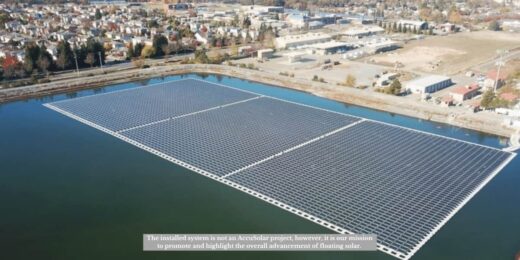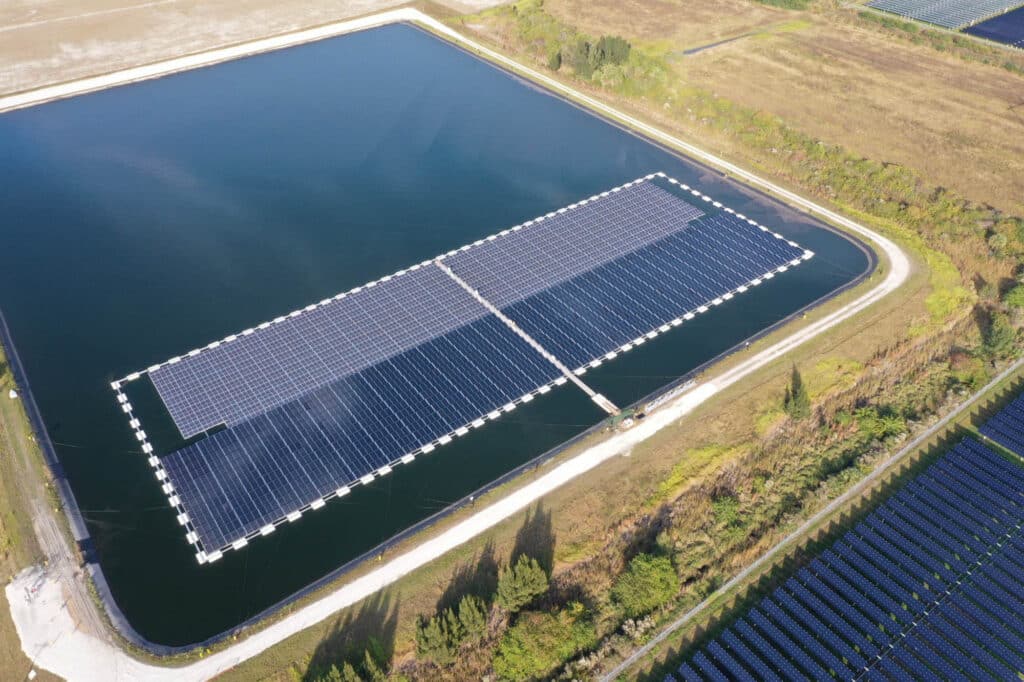Massachusetts is a clean energy leader with a growing number of solar farms Massachusetts installations. This is largely due to its strong solar power sector and progressive energy policies. A decade of successful initiatives has positioned the state among the nation’s top renewable energy producers. The introduction of floating solar farm Massachusetts projects presents a new avenue for growth. This furthers the state’s pursuit of a sustainable energy future while maximizing available space.
Massachusetts Clean Energy Leadership
Massachusetts is rapidly advancing its solar energy footprint. This is a key component of its commitment to achieving net-zero emissions by 2050. The state’s robust Solar Massachusetts Renewable Target (SMART) program fuels this progress. This program provides compelling financial incentives for businesses. The initiative has spurred a surge in solar installations. This demonstrates the state’s dedication to a clean energy future.
How the SMART Program Supports Solar Development
Massachusetts is known for its inventive approach to energy. The state has consistently advanced solar farm Massachusetts development through strategic utility alliances. It also established community solar programs. These initiatives particularly benefit large-scale entities looking to invest in renewable projects. The SMART program specifically offers adders for innovative installations like floating solar, making these projects more financially attractive.
Vast tracts of rural and suburban land now host solar installations across the Commonwealth. These panels harness energy from the sun, providing renewable power to local communities while contributing substantially to the state’s overall energy portfolio.
The Massachusetts Department of Energy Resources reports impressive growth. Solar installations across the state have multiplied over the past decade. A solar farm Massachusetts project today can be completed more efficiently and at lower cost than ever before. This growth has created jobs. It has reduced carbon emissions. It has increased energy independence throughout the Commonwealth.
Solar Farms Massachusetts: Innovative Applications on Cranberry Bogs
Massachusetts cranberry bogs make ideal sites for floating solar farms Massachusetts. These installations offer multiple benefits for both agriculture and energy production:
- Optimized land use: They leverage existing water bodies. No productive land is sacrificed.
- Economic benefits: Cranberry growers gain a stable, diversified income stream.
- Water conservation: They reduce water evaporation. This helps maintain optimal bog conditions.
- Environmental impact: They contribute to the state’s renewable energy targets.
- Reduced fossil fuel dependence: They lessen reliance on traditional energy sources. This mitigates greenhouse gas emissions.
The integration of solar technology with agriculture creates a promising model. Several pilot solar farm Massachusetts projects on cranberry bogs have already shown positive results. In this model, economic and environmental benefits reinforce each other.
Advantages of Water-Based Panel Installations
Land-based solar faces space constraints. This is especially true in densely populated regions. Floating solar offers a promising solution. Massachusetts has numerous reservoirs and ponds. Many are already integrated into utility infrastructure. This positions the state ideally to capitalize on this technology.
By deploying floating solar arrays, the state can achieve several key objectives:
- Boost renewable energy output without using valuable land
- Preserve natural habitats and green spaces
- Maximize use of existing water resources
- Reduce water evaporation from reservoirs
- Create innovative dual-use spaces that benefit communities
A recent study by the National Renewable Energy Laboratory found interesting results. Floating solar installations can be more efficient than land-based systems. This is due to the cooling effect of water on the panels. For developers planning a solar farm Massachusetts project, this improved efficiency translates to better returns on investment.
The Future of Renewable Energy in the Commonwealth
Floating solar farms will play a crucial role in Massachusetts’ energy future. They directly address the state’s growing energy needs. They overcome land-use challenges effectively. Massachusetts can expand beyond traditional land-based solar. This will cement its reputation as a clean energy leader.
The potential for solar farms Massachusetts extends beyond cranberry bogs. Other potential sites include:
- Drinking water reservoirs
- Industrial water bodies
- Hydroelectric dam reservoirs
- Municipal water treatment facilities
- Former quarries and mining pits
Each application offers unique advantages. All contribute to the state’s ambitious renewable energy goals. As more solar farm Massachusetts projects move from concept to reality, the state continues to demonstrate leadership in renewable energy innovation.
Ready to explore how a floating solar farm Massachusetts could benefit your business or community? Contact us to discover how AccuSolar’s floating solar solutions can help you. Leverage Massachusetts’ solar incentives while creating sustainable energy for the future.





